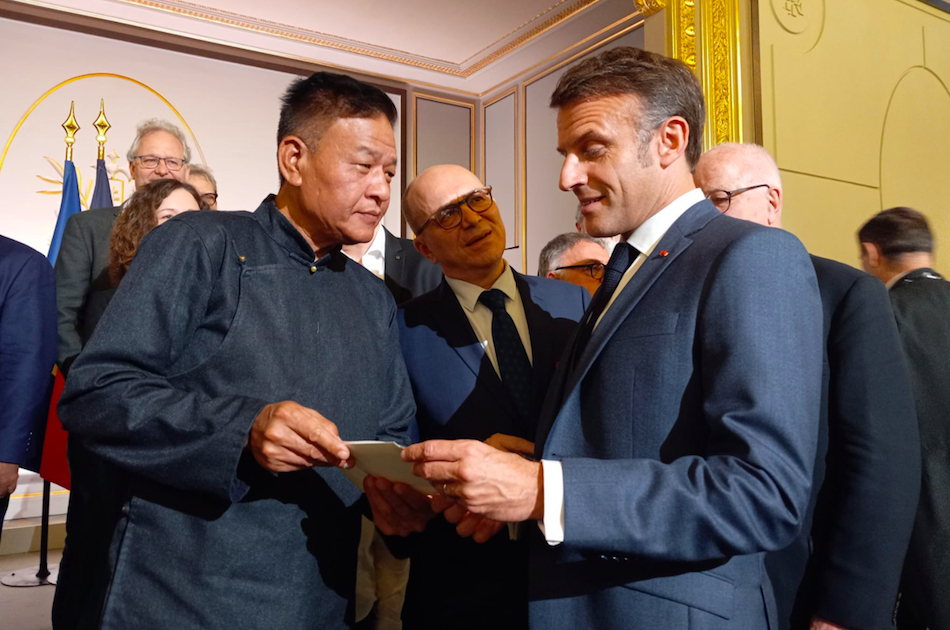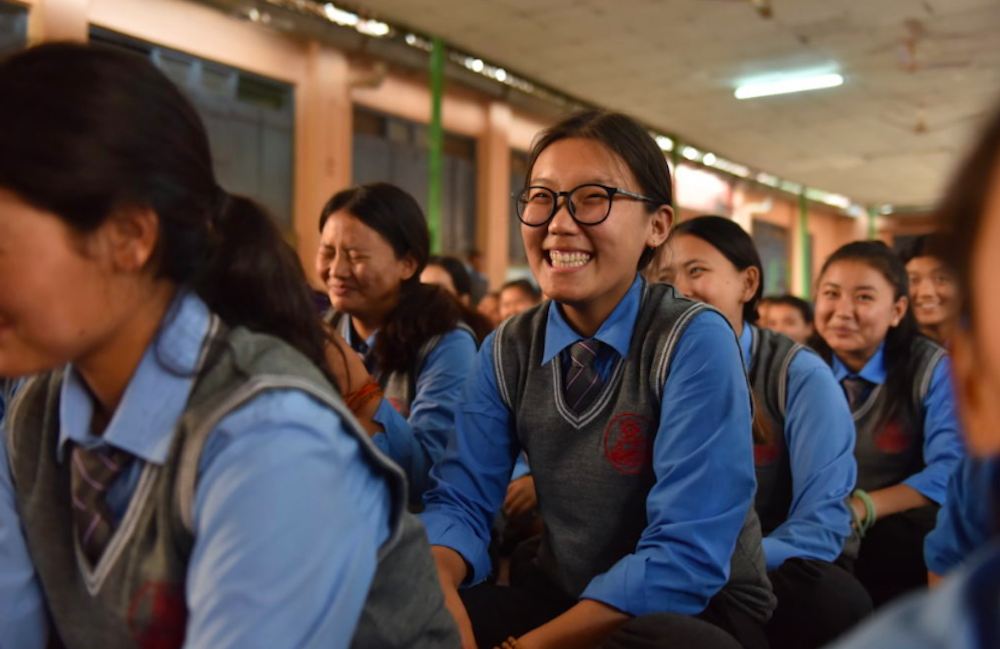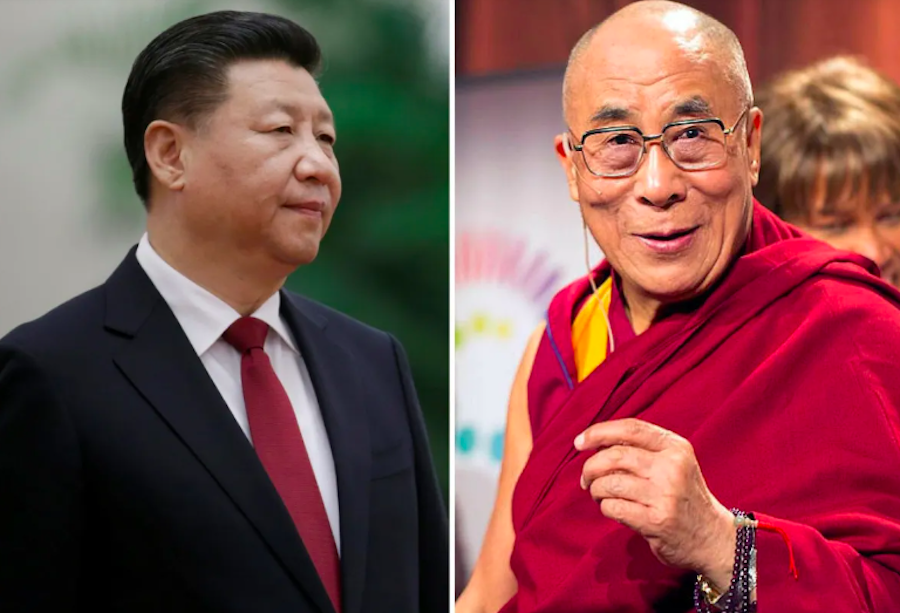By Tsering Dhundup
DHARAMSHALA, May 1: Chinese President Xi Jinping is set visit Europe later this week from May 5-10, with scheduled visits to France, Hungary, and Serbia. This marks his first visit to Europe in five years.
Ahead of Xi’s visit to France, the head of the Tibetan government in exile, Sikyong Penpa Tsering, met with French President Emmanuel Macron on Tuesday. During the meeting, an autographed photo of the Dalai Lama and Macron was presented to the French President during a ceremony honouring Mr. André Gattolin, a former Senator known for his support of Tibet.
As anticipation builds for President Xi’s upcoming visit to France, the country finds itself bracing for potential protests, particularly from the Tibetan community there. Activist group Students for a Free Tibet is gearing for what it called the “biggest unwelcoming of Xi’s Europe trip”, urging fellow protestors to call out the Chinese President. France has the largest population of Tibetan exiles in Europe and is expected to voice concerns over China’s policies towards Tibet and broader human rights issues.
Preparations are underway as demonstrators gear up to make their voices heard during Xi’s visit. The protests aim to draw attention to the ongoing challenges faced by Tibetans under Chinese rule and advocate for greater international scrutiny of human rights violations in the region.
Experts say that the primary motive behind the visit to Europe and particularly to Italy is linked with the recent decision to withdraw from China’s New Silk Road program, a decision to be finalized by Italian Prime Minister Giorgia Meloni in Beijing in July, following some initial hesitation. Italy’s departure from the initiative elevates the importance of Hungary and Serbia which are strategically positioned in central and eastern Europe, for China’s access to the EU through land.
An agreement with the Italian government is expected to be postponed until after Xi’s European tour concludes in May, during which he aims to assess the intentions of other European nations. The Belgrade-Budapest freight railway emerges as a focal point, shedding light on the gravity of Xi’s visits to these neighbouring capitals.










